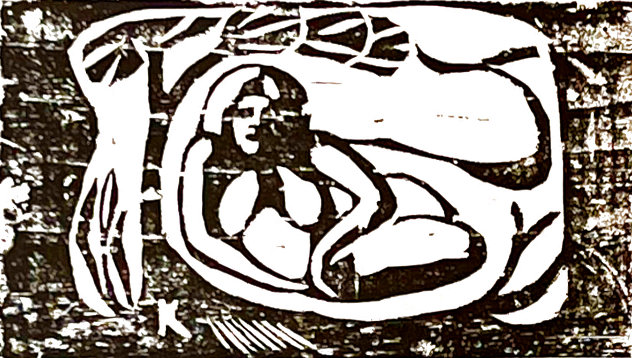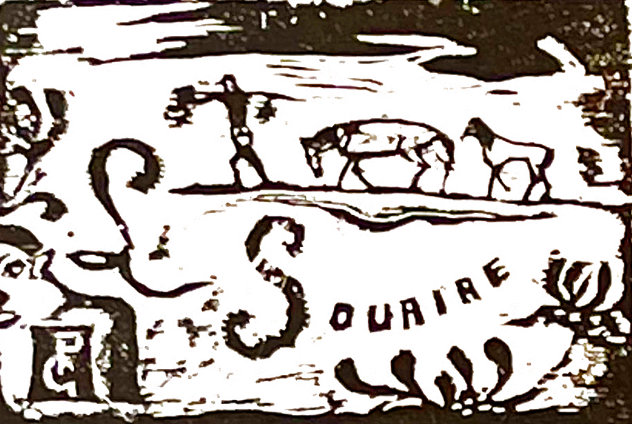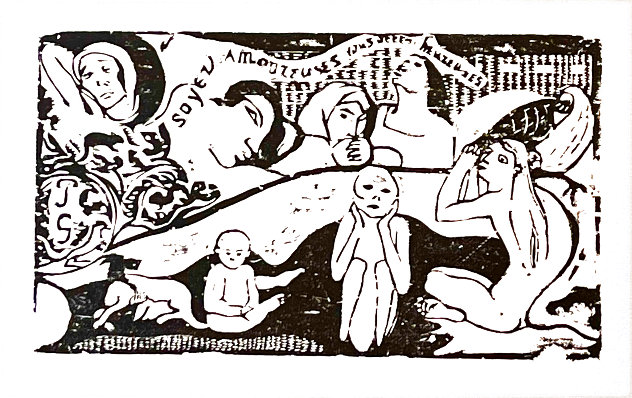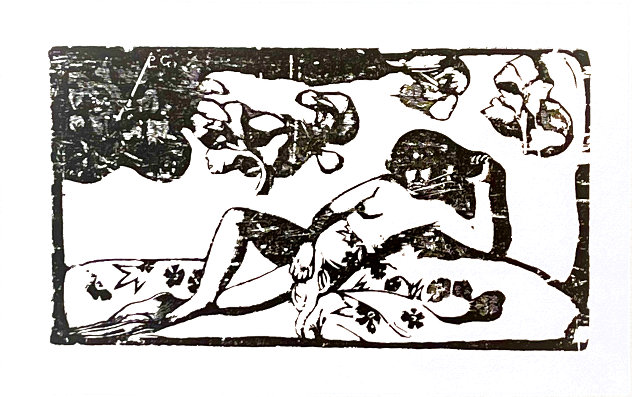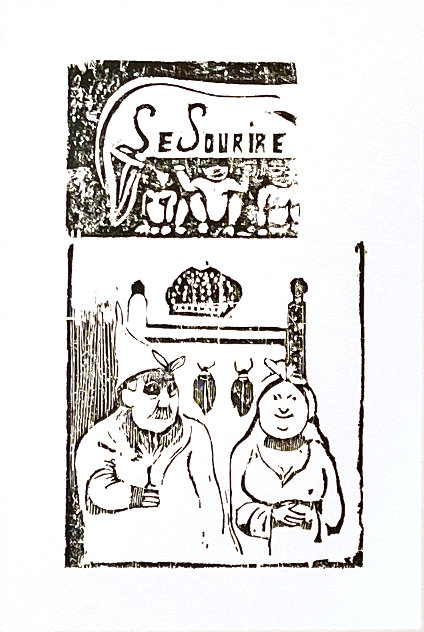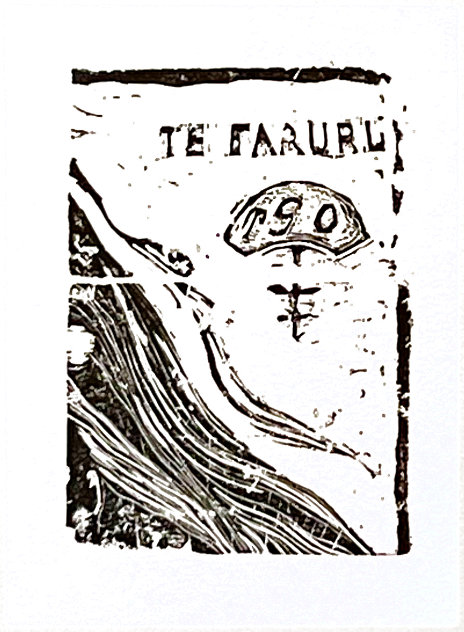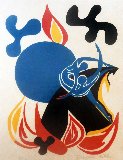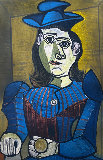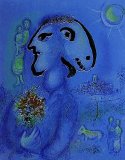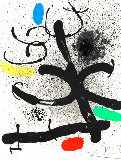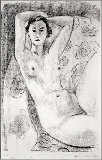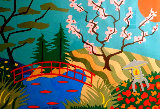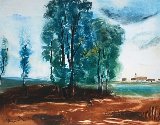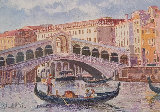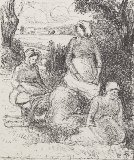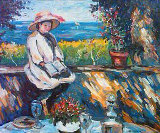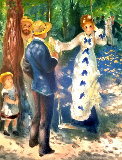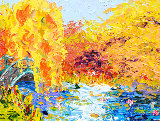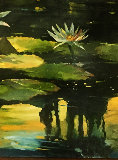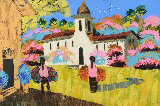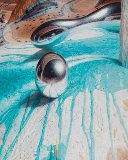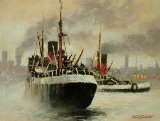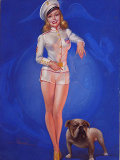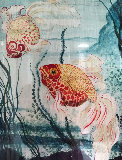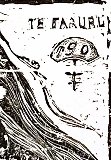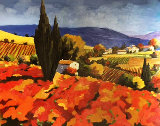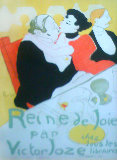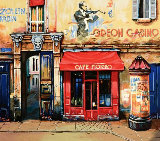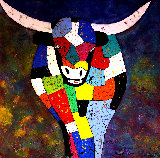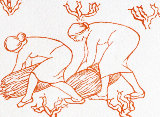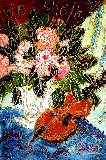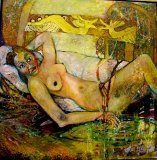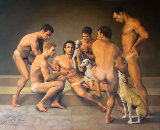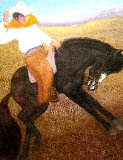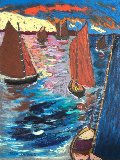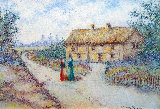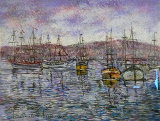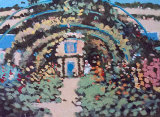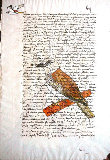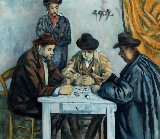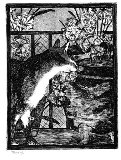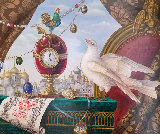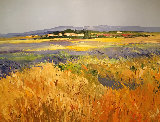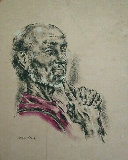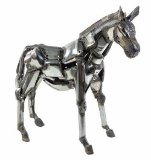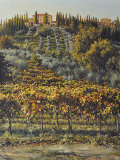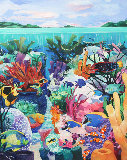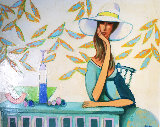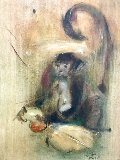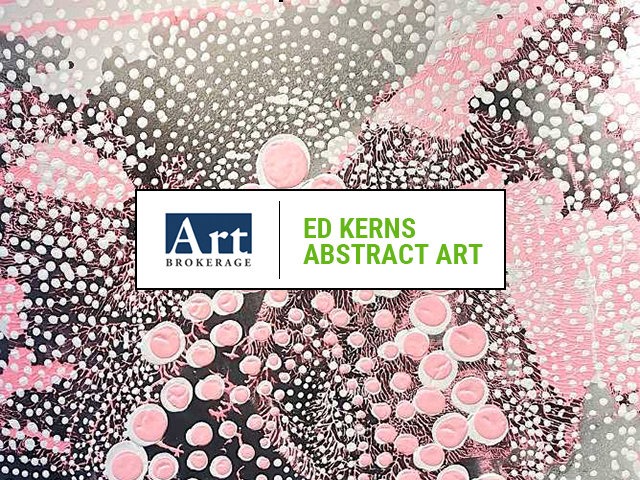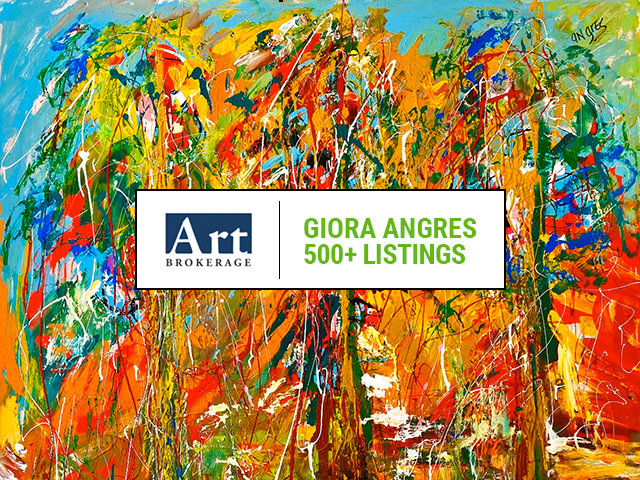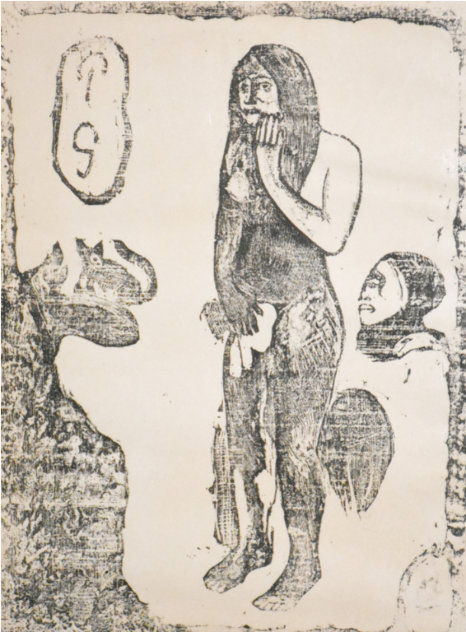


Eve 1926
Paul Gauguin
Limited Edition Print : Collotype in Black Ink on Thin Laid Paper
Size : 4.65x7.56 in | 12x19 cm
Edition : Not numbered, edition of 100
Reduced
- 🔥Framed Limited Edition Collotype $4,500
Year1926
Plate SignedUpper Left
Condition Excellent
Other Frame
Purchased fromAuction House 2013
Story / Additional InfoFirst State Collotype in Black Ink on Thin Laid Paper After the Woodcut. One of only 100 examples. Conceived in 1895-6 during Gaugin's second voyage to Tahiti and before moving to Hiva Oa. Executed under the direction of M. Meier-Graefe and Marees-Gesellschaft for the Frence edition of Noa Noa 1926. Another example of the rare portfolio containing the present work was added to the collection of the Metropolitan Museum of Art in 1929. Ref; Manet to Hackney 15; Skira 129; Carteret Iv, 175; Castleman Pp.82-83.
Certificate of AuthenticityGlobal Fine Art
LID148458
Paul Gauguin - France
Art Brokerage: Paul Gauguin French Artist: Paul Gauguin was a financially successful stockbroker and self-taught amateur artist when he began collecting works by the impressionists in the 1870s. Inspired by their example, he took up the study of painting under Camille Pissarro. Pissarro and Edgar Degas arranged for him to show his early painting efforts in the fourth impressionist exhibition in 1879 (as well as the annual impressionist exhibitions held through 1882). In 1882, after a stock market crash and recession rendered him unemployed and broke, Gauguin decided to abandon the business world to pursue life as an artist full-time. In 1886, Gauguin went to Pont-Aven in Brittany, a rugged land of fervently religious people far from the urban sophistication of Paris. There he forged a new style. He was at the center of a group of avant-garde artists who dedicated themselves to synthétisme, ordering and simplifying sensory data to its fundamentals. Gauguin's greatest innovation was his use of color, which he employed not for its ability to mimic nature but for its emotive qualities. Over the next several years he traveled often between Paris and Brittany, spending time also in Panama and Martinique. In 1891 his rejection of European urban values led him to Tahiti, where he expected to find an unspoiled culture, exotic and sensual. Instead, he was confronted with a world already transformed by western missionaries and colonial rule. In large measure, Gauguin had to invent the world he sought, not only in paintings but with woodcarvings, graphics, and written works. Listings wanted.

